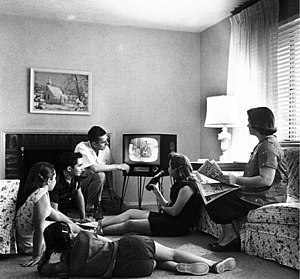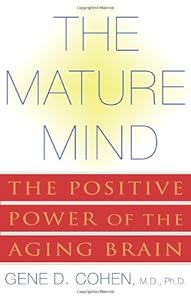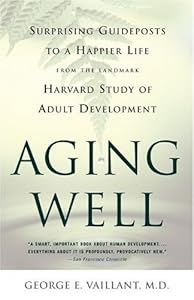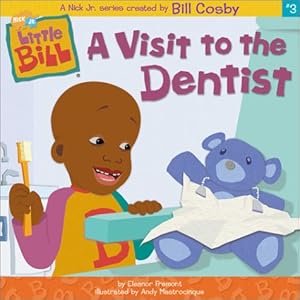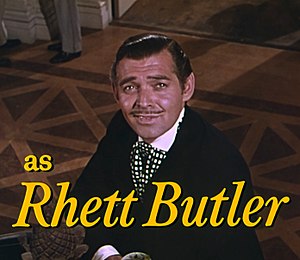I remember New Year's celebrations. New Year's means a new page, a new endeavor, a new chance. This is the time to get a new grip on the rope and set your mind to hang on for the ride--maybe even take the driver's seat.
When my kids were little, my yearly plans started with January 1. We planned for the new garden, the end of the school year, and summer vacation. After vacation we started planning for the beginning of school, the autumn events and Christmas.
My mother planted the New Year traditions. She enjoyed the mistletoe, the black eyed peas, the Happy New Year greetings to strangers, and sometimes a party.
Christmas is a culmination, but New Year's is a beginning. What will this year hold? She told me about Janus who had two faces--one looking at the past and the other at the future. She celebrated the baby New Year who was being born and the Old Man Time who was retiring.
This year I am looking at the New Year as a chance to finish some things and invest in new ones. I will try to plan better this time. (I always say that.) I'll make better resolutions. I will be a better Christian, writer, mother, person. And if I don't succeed, I'll have another chance next year.
When my kids were little, my yearly plans started with January 1. We planned for the new garden, the end of the school year, and summer vacation. After vacation we started planning for the beginning of school, the autumn events and Christmas.
My mother planted the New Year traditions. She enjoyed the mistletoe, the black eyed peas, the Happy New Year greetings to strangers, and sometimes a party.
Christmas is a culmination, but New Year's is a beginning. What will this year hold? She told me about Janus who had two faces--one looking at the past and the other at the future. She celebrated the baby New Year who was being born and the Old Man Time who was retiring.
This year I am looking at the New Year as a chance to finish some things and invest in new ones. I will try to plan better this time. (I always say that.) I'll make better resolutions. I will be a better Christian, writer, mother, person. And if I don't succeed, I'll have another chance next year.


